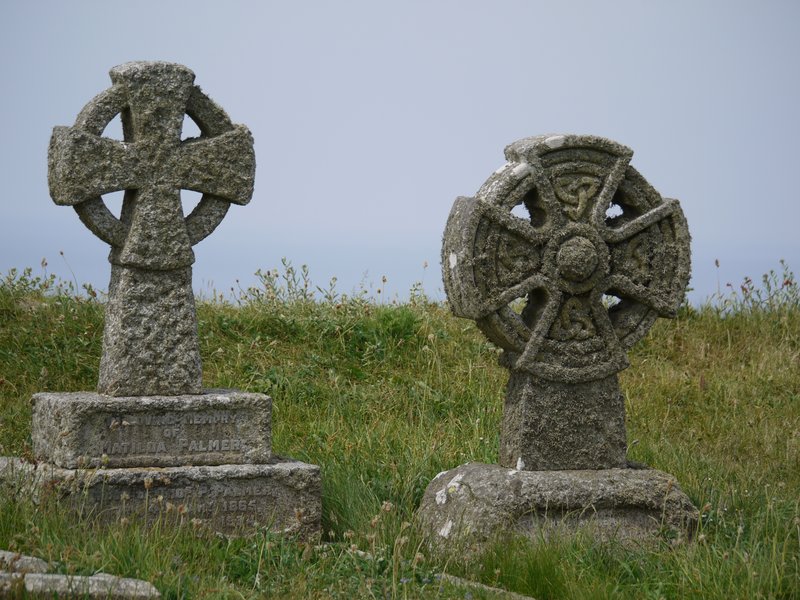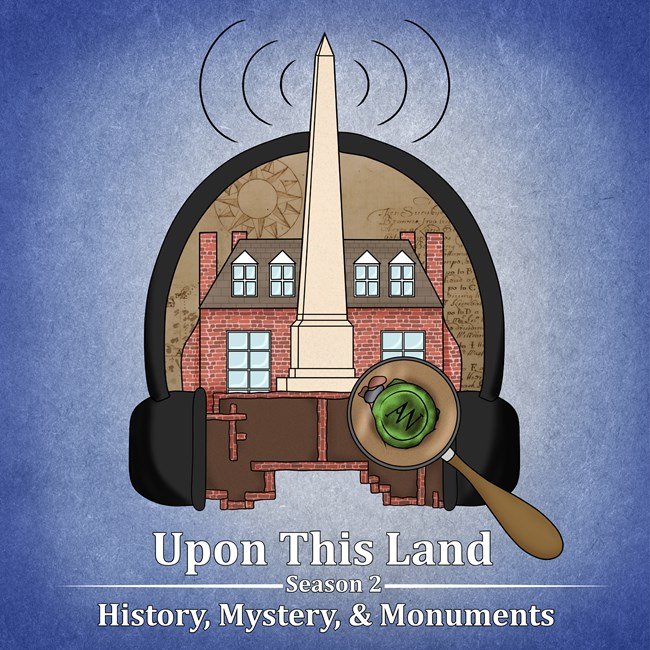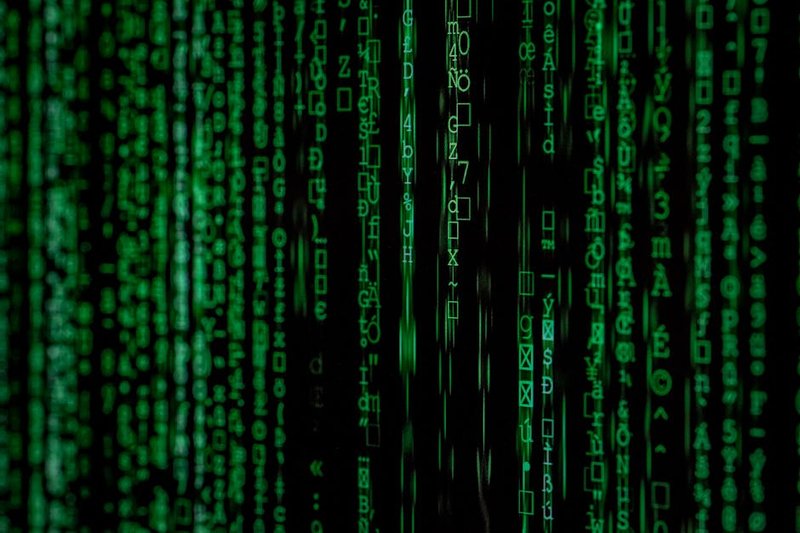Have you ever walked through a cemetery and wondered about the stories behind those weathered stones? Or traced your family’s history back through generations? As a lifelong learning enthusiast, I’m thrilled to share some exciting hands-on opportunities coming up at the Boston Public Library that will transform how you engage with history!
When we actively participate in historical discovery, we retain information better and develop deeper connections to our shared past. The Boston Public Library offers a treasure trove of interactive learning experiences that move beyond traditional reading into active exploration and community engagement.
Historical – Cemetery Sleuthing: Decoding History Written in Stone
One event that particularly excites me is “A Beginner’s Guide to Cemetery Sleuthing” with Erin E. Moulton. This online workshop transforms ordinary cemetery visits into fascinating historical investigations! Participants will learn to decode cemetery iconography – those mysterious symbols carved into headstones that tell rich stories about the deceased’s life, beliefs, and community standing.
Did you know that certain flowers, animals, and geometric patterns on gravestones carried specific meanings to our ancestors? A willow tree might represent grief, while an hourglass symbolized the passage of time. These visual clues provide windows into historical worldviews that written records often miss.
The workshop also covers common abbreviations and epitaph styles, equipping you with practical skills to conduct your own cemetery research. I’m particularly drawn to this approach because it combines outdoor exploration, cultural anthropology, and historical detective work – perfect for kinesthetic learners who retain information better through active engagement.

Historical – Genealogy Research: Becoming Your Family’s Historian
The library’s genealogy events represent another wonderful opportunity for hands-on historical learning. With the digital revolution making countless records accessible, researching your family history has become more approachable than ever before. However, the wealth of information can be overwhelming without proper guidance.
These workshops provide structured learning pathways through various genealogical resources. You’ll develop practical skills including:
- Navigating specialized databases effectively
- Evaluating the reliability of different record types
- Organizing your findings systematically
- Breaking through common research roadblocks
What makes genealogy such a powerful learning tool is its personal relevance. When you connect historical events to your own family narrative, abstract dates and places transform into meaningful stories. That Revolutionary War wasn’t just something in a textbook – your fifth-great-grandfather might have fought in it!
I’ve found genealogy research to be uniquely engaging because it naturally encourages cross-disciplinary thinking. In a single research session, you might analyze migration patterns, interpret changing naming conventions, and consider how economic conditions influenced your ancestors’ occupational choices.
Cultural Immersion: The Celtic Bells Experience
For those who learn best through multisensory experiences, the Boston Public Library offers cultural programs like performances by The Celtic Bells. This mother-son duo combines music, storytelling, and visual arts to create immersive educational experiences about Boston’s Irish history.
This approach exemplifies what education researchers call “cultural learning” – understanding history through its artistic expressions, social practices, and oral traditions. When we engage with history through music and storytelling, we connect emotionally with past experiences in ways that textbooks alone rarely achieve.
What particularly impresses me about The Celtic Bells program is how it integrates multiple learning modalities:
- Auditory learning through traditional Irish music
- Visual learning through fiber art demonstrations
- Narrative learning through storytelling
- Cultural-historical context through discussions of Boston’s Irish heritage
Documentary Screenings: Visual Learning with Community Dialogue
The upcoming screening of “Free for All: Inside the Public Library” offers yet another approach to historical learning. Documentaries provide visual and narrative frameworks that help contextualize complex historical developments. What elevates this particular event is the panel discussion following the screening.
This format transforms passive viewing into active learning through:
- Guided critical analysis of the documentary’s content
- Expert perspectives that add depth to the viewing experience
- Community dialogue that encourages diverse interpretations
- Connections between historical developments and contemporary issues
The panel format also models intellectual discourse – demonstrating how thoughtful people can engage respectfully with complex topics while bringing different perspectives to the conversation.
Author Talks: Bringing Historical Writing to Life
Author events like the upcoming interview with Abbott Kahler showcase how professional writers research and craft compelling historical narratives. These sessions offer unique insights into the creative and investigative processes behind historical storytelling.
For aspiring researchers and writers, these events provide invaluable learning opportunities by:
- Demonstrating research methodologies from experienced professionals
- Revealing how writers transform primary sources into engaging narratives
- Showcasing different approaches to balancing historical accuracy with storytelling
- Providing models for ethical engagement with sensitive historical topics

Revolutionary Art: Connecting Creativity and Social Change
The “Revolutionary Art” exhibition examining gender and racial inequality in art represents yet another approach to historical learning. This program specifically connects creative expression with social movements, helping visitors understand how art both reflects and shapes historical developments.
This approach encourages critical thinking skills by asking participants to:
- Analyze visual primary sources from multiple perspectives
- Recognize how artistic choices reflect broader social contexts
- Consider how marginalized groups have used art as political expression
- Trace how artistic representations both challenge and reinforce social hierarchies
Creating Your Own Learning Journey
What makes the Boston Public Library’s offerings so valuable is how they accommodate diverse learning preferences. Whether you’re a visual learner who benefits from exhibitions, an auditory learner who thrives in discussions, or a kinesthetic learner who needs hands-on activities, there’s something for you.
I encourage you to approach these opportunities with intentionality. Before attending an event, consider what questions you hope to answer. During the experience, take notes on insights that surprise you. Afterward, reflect on how you might apply what you’ve learned to deepen your understanding of history.
The library makes participation accessible through various formats – in-person events at multiple branches, online workshops, and recordings of past programs. Many events are free with registration, though museum passes may involve fees depending on the institution.
The next time someone claims history is just names and dates in dusty books, invite them to join you at one of these interactive learning experiences. History comes alive when we actively engage with it – and the Boston Public Library offers countless opportunities to do exactly that!



